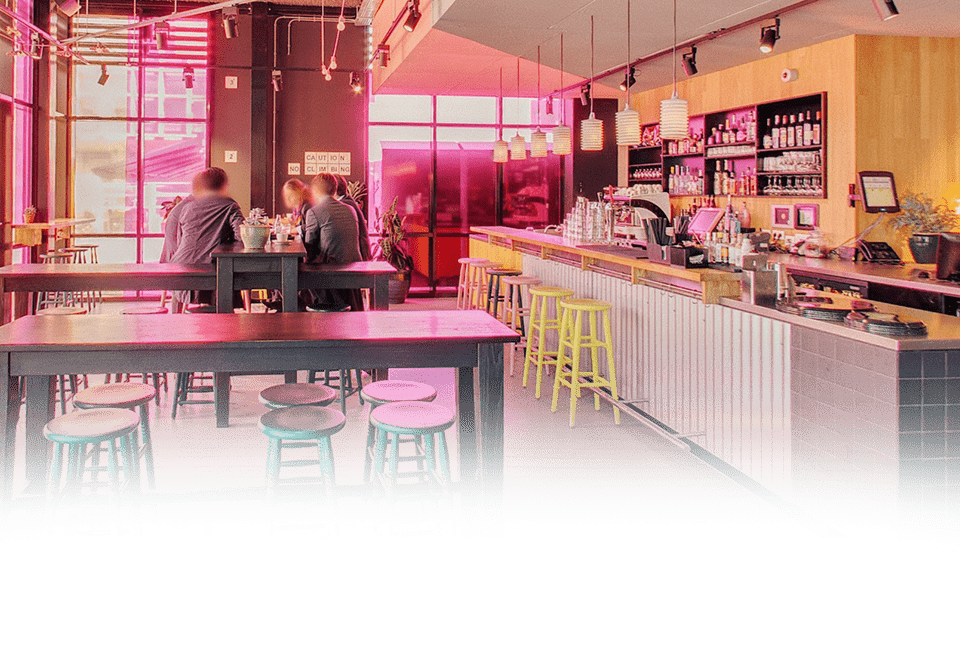Alcohol and drugs are a common topic when it comes to questions about the Netherlands. What's allowed and what isn't? You'll find your answers here.
Alcohol
However socially acceptable it may be, alcohol can be just as addictive and dangerous as drugs to a certain extent. It is illegal to drink and drive, keep in mind this also applies to riding a bicycle. Drinking in public places is prohibited as well.
Drugs
Dutch law makes a distinction between two categories of drugs: soft drugs and hard drugs. Soft drugs are made from a family of plants called cannabis, the Latin name for hemp. They are called ‘soft’ drugs because they are supposedly less active than hard drugs.
Weed and hash fall into the soft drugs category.
Weed, which is also called marijuana, consists of dried flower tips and leaves.
Hash is made from the plant’s resin and compressed into chunks or small bars.
Both substances can be rolled into joints, smoked in their pure form – for example, in a water pipe – or eaten in a space-cake. Soft drugs are sold in coffeeshops, a somewhat confounding name as coffee is not the main item on the menu; soft drugs are. Trustworthy coffeeshops can be identified by a green and white window sticker and the word ‘coffeeshop’. Keep in mind that cannabis can cause depression or panic attacks for some people.
Hard drugs are all other kinds of drugs, such as cocaine, ghb and lsd. Hard drugs are highly addictive and can cause serious harm if misused. Both hard and soft drugs are illegal, but the possession of small amounts of soft drugs for personal use (less than five grams) is generally tolerated. Mushrooms are also illegal, but parts of their mycelium (roots) that look like truffles and are sometimes called Philosophers’ Stones are not illegal. This is what is sold in shops that have dubbed themselves smartshops.
